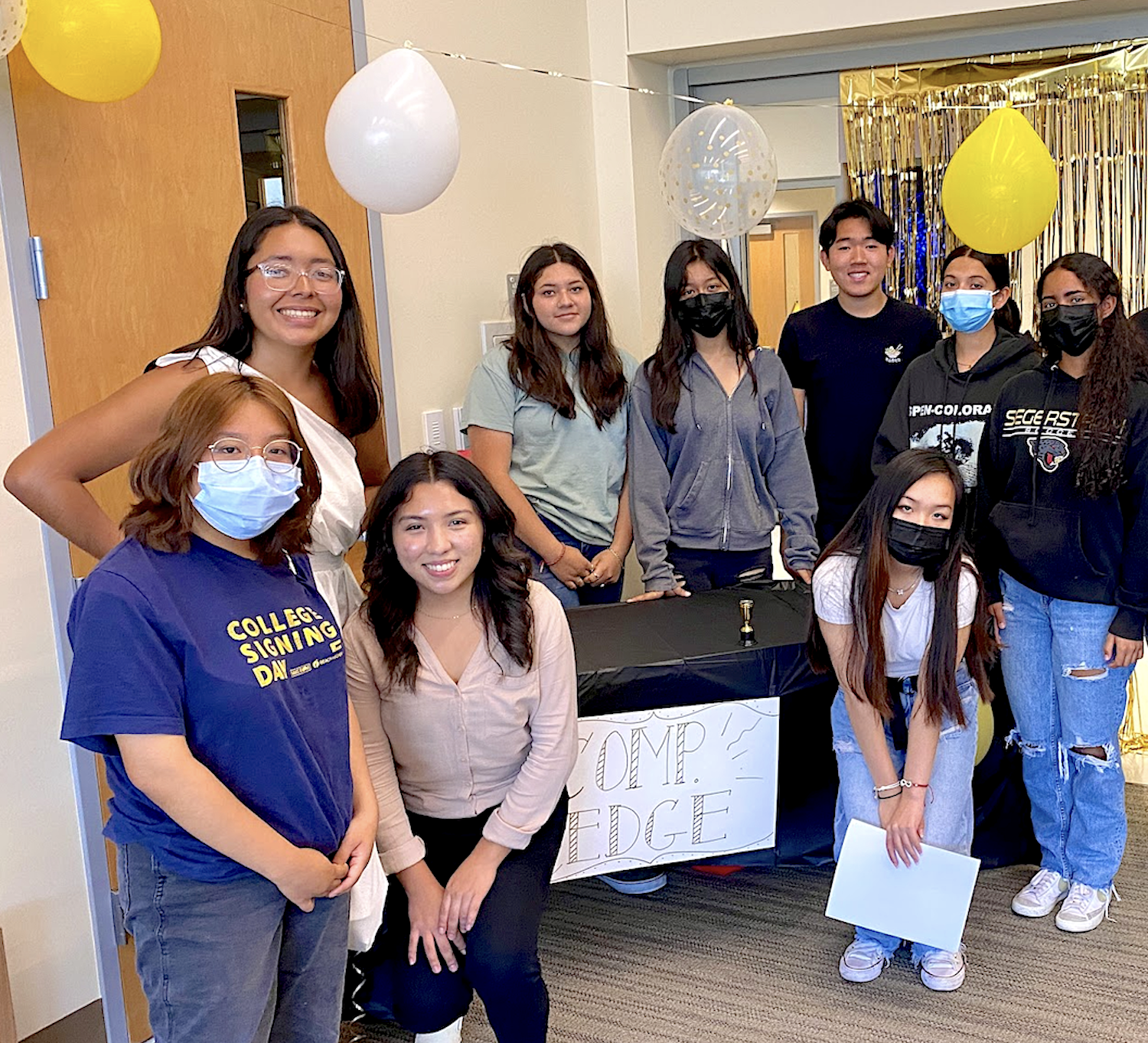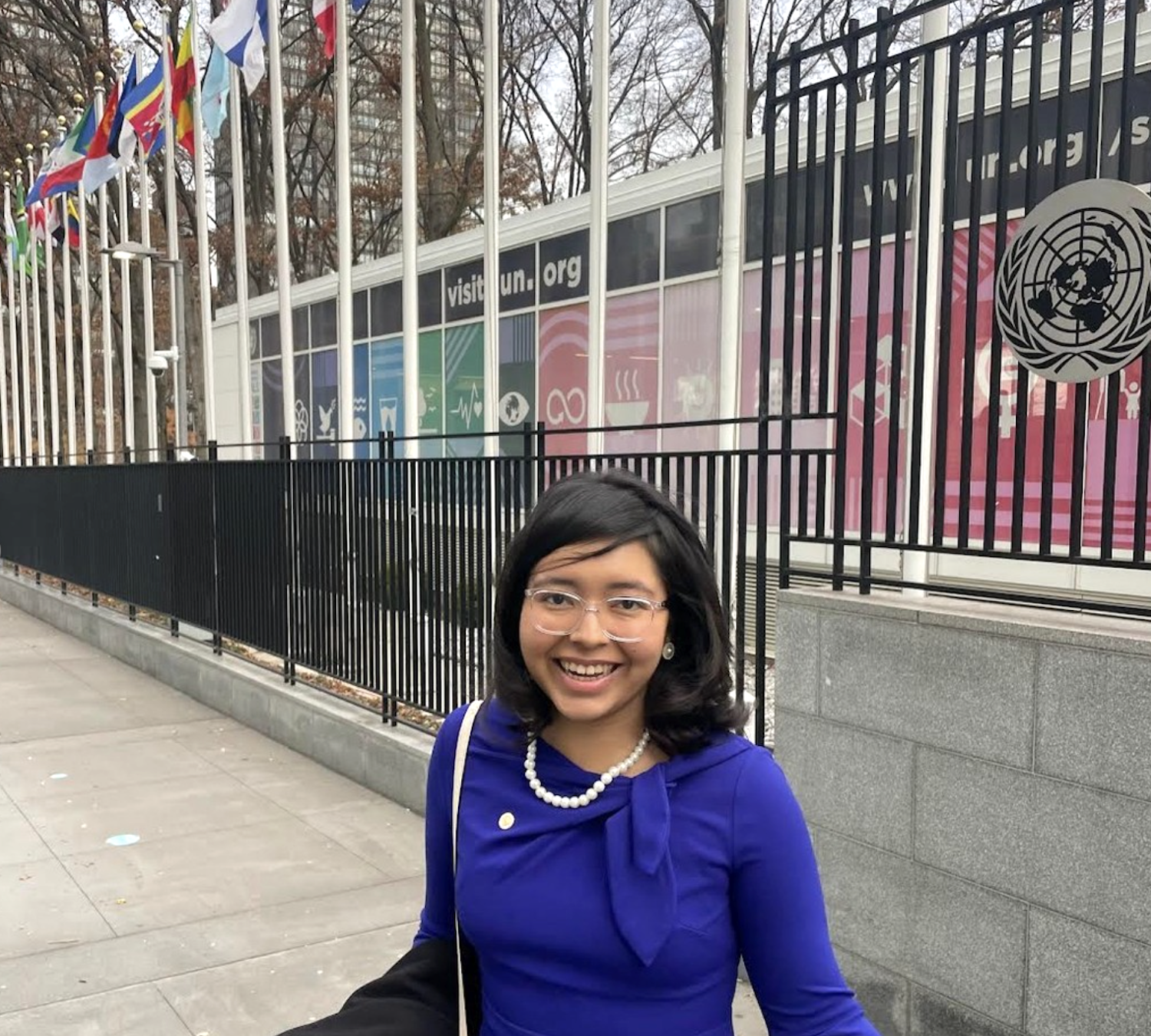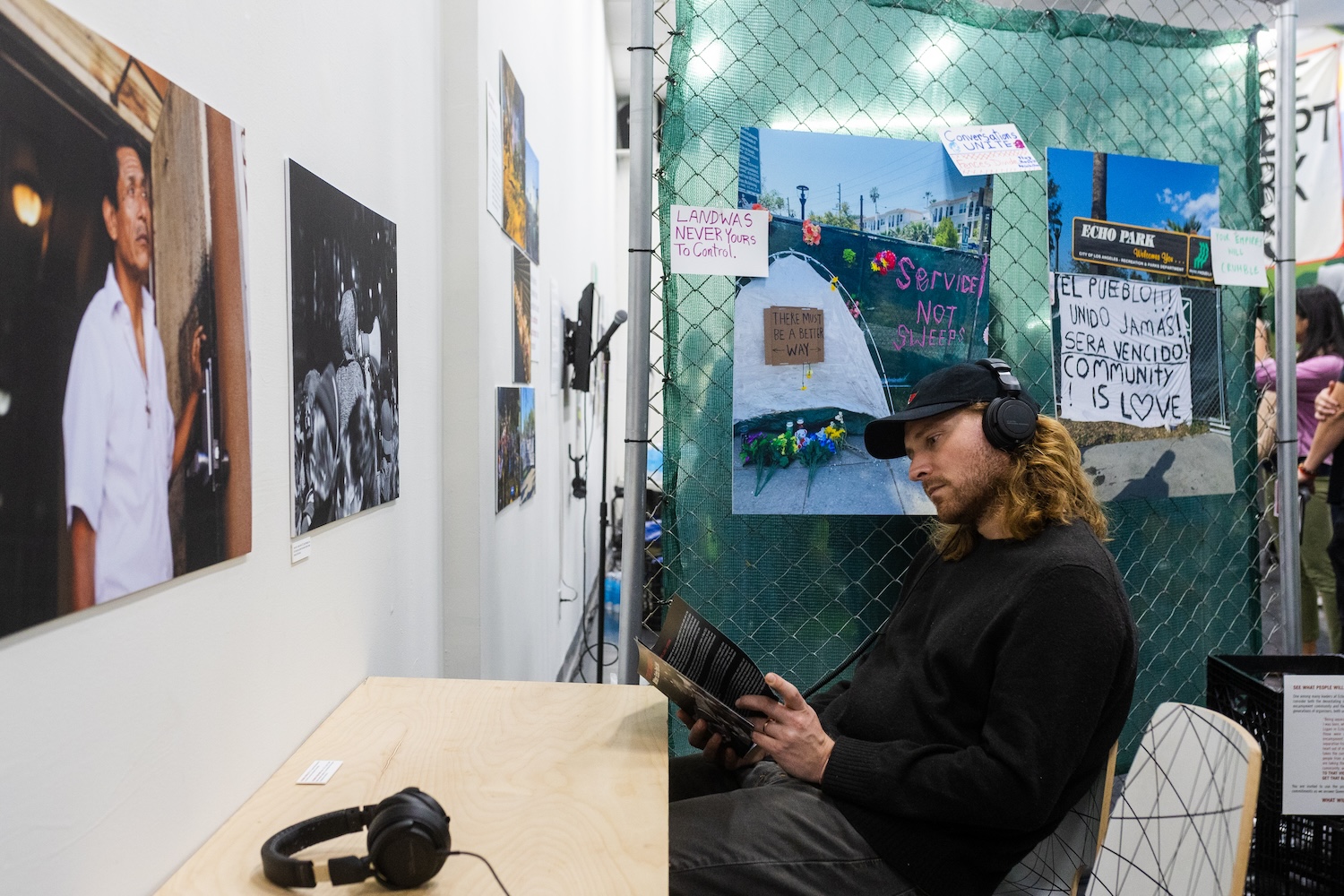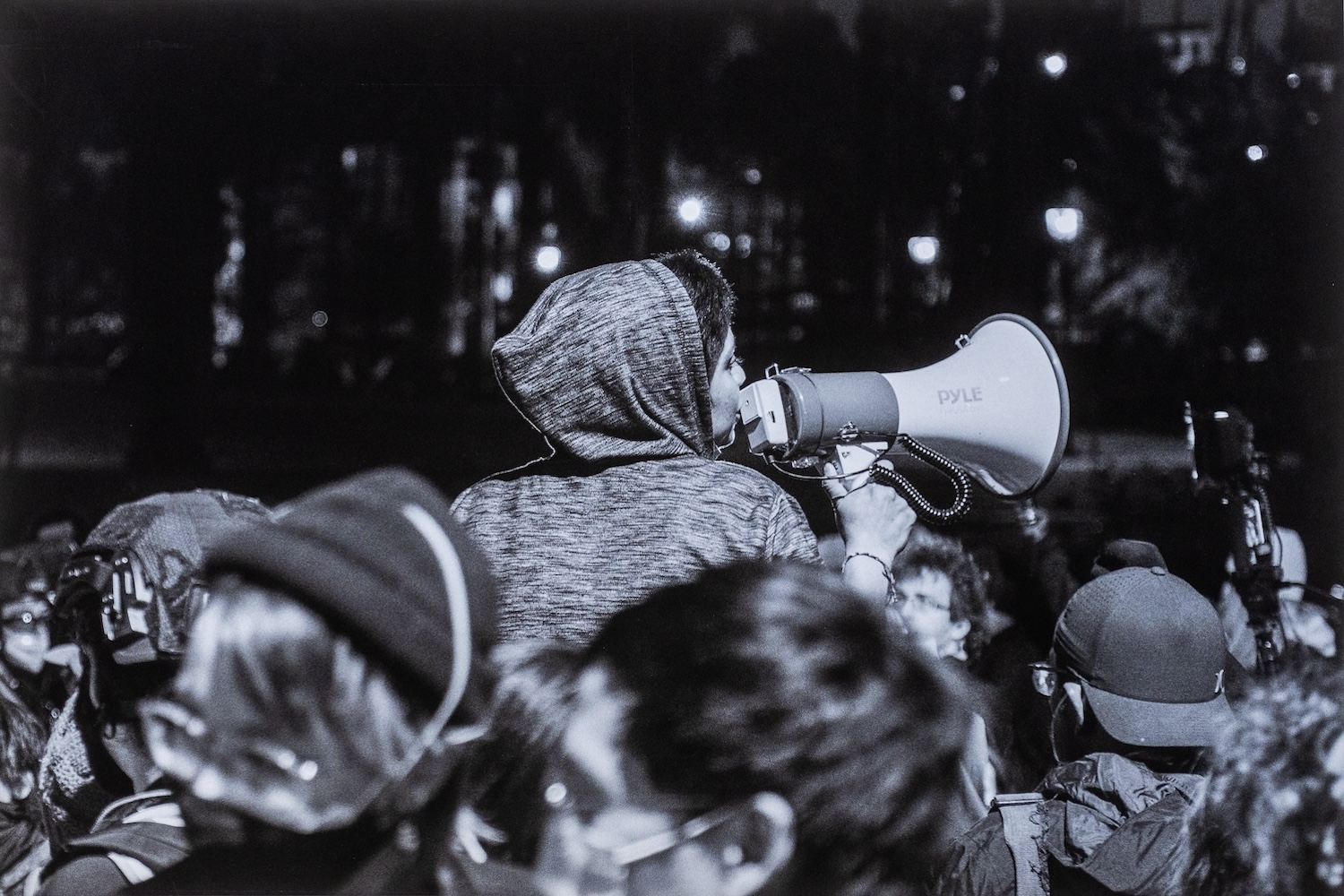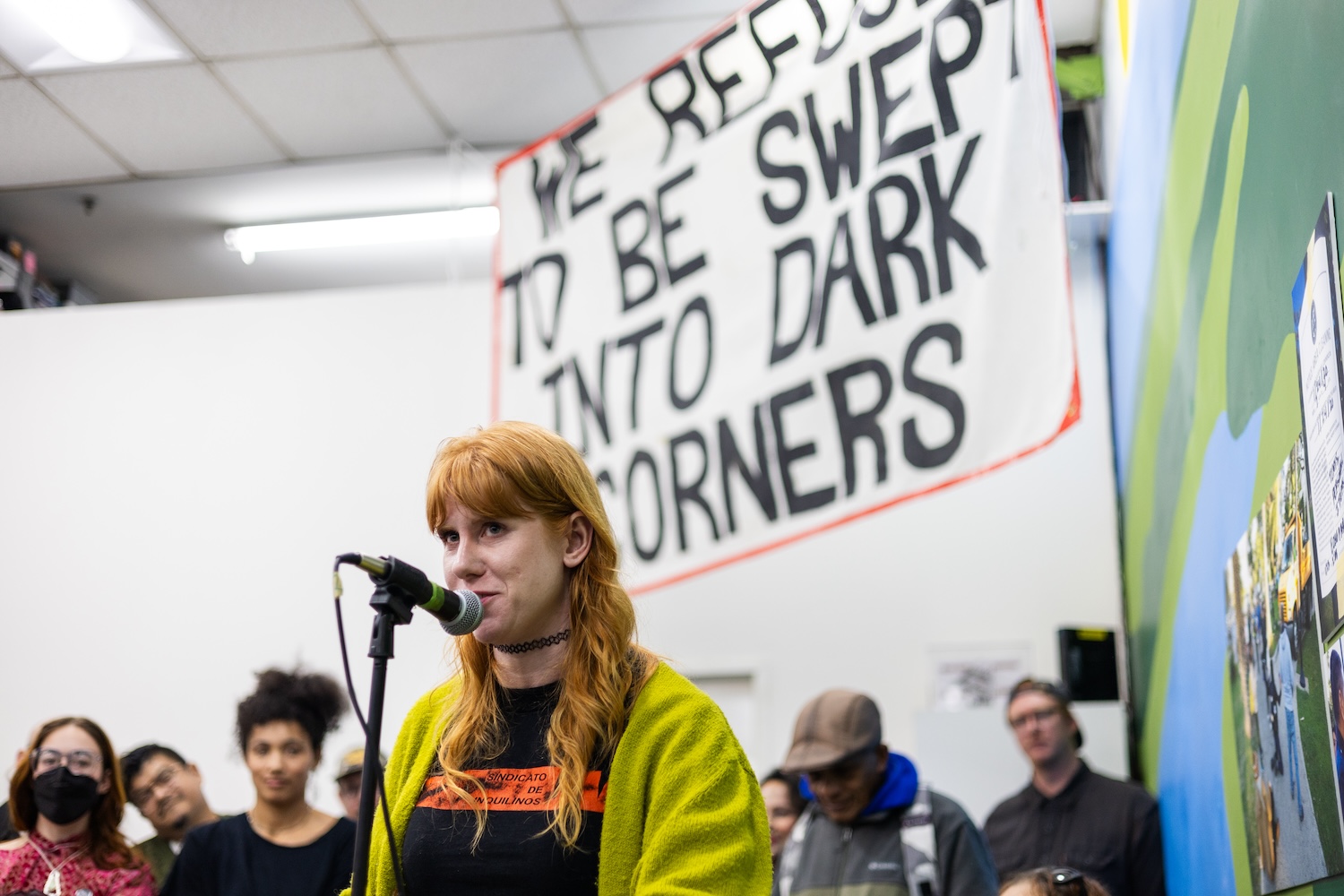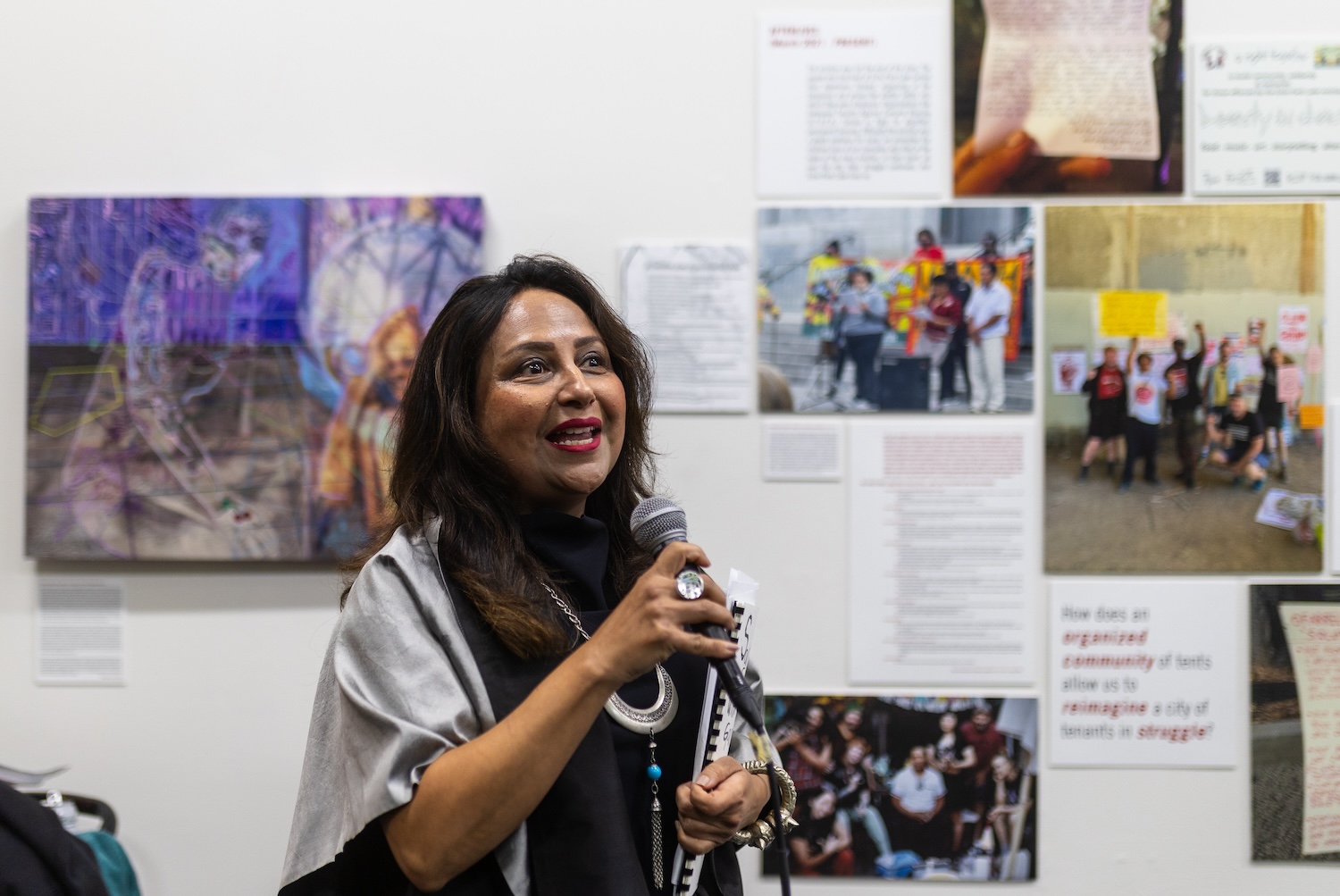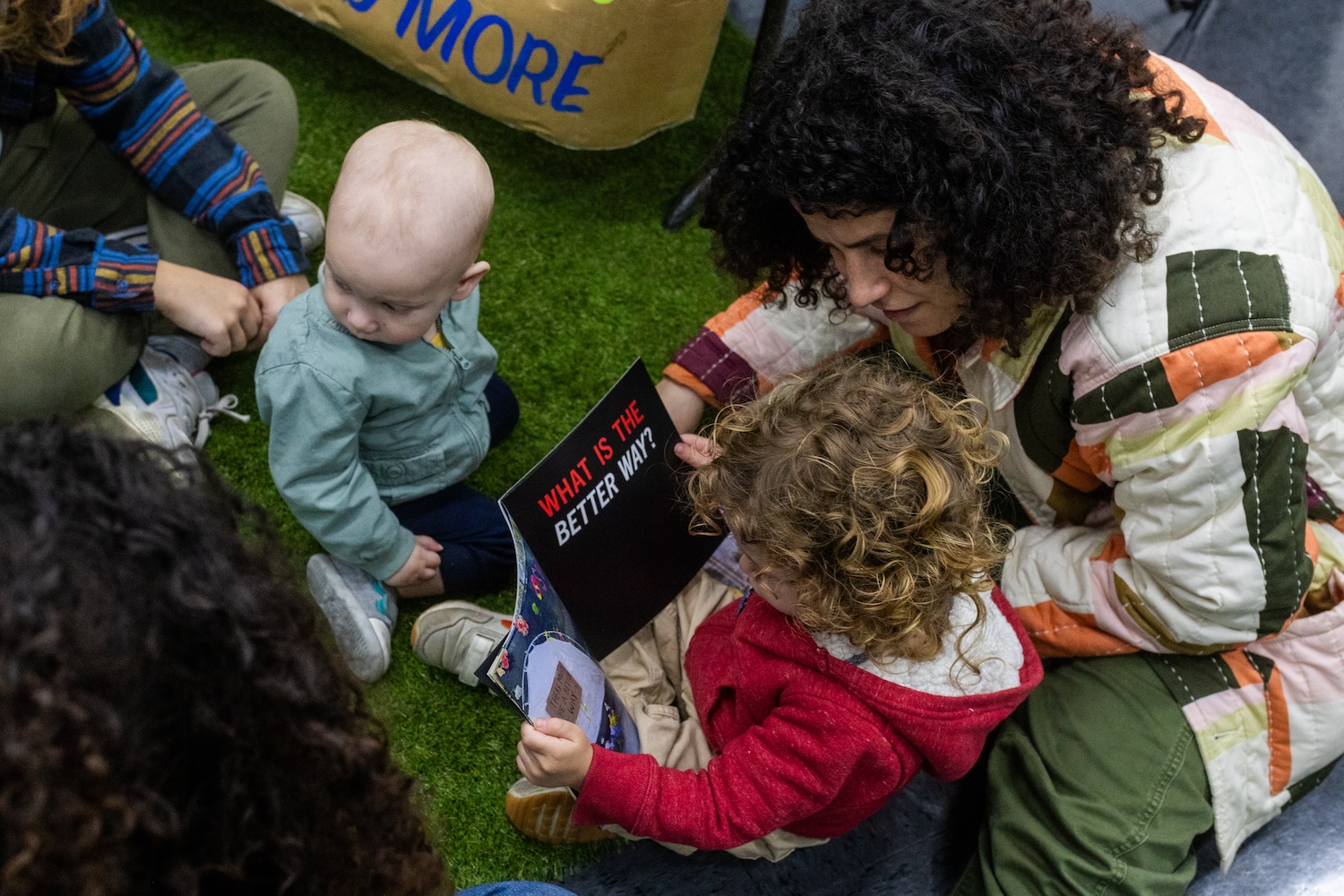By Stan Paul
During a natural disaster such as the recent devastating wildfires in Los Angeles, information is needed — in real time — to assess and predict what will be required to help and rebuild communities. That information can be vital to address practical problems, to answer questions and even to counter false narratives that were fanned and spread as fast as the flames that destroyed entire neighborhoods.
That’s where UCLA Luskin and its research centers come in. In addition to responding to media and becoming a go-to source for expertise from day one of the fires, researchers quickly collaborated with their campus colleagues and beyond to create rapid responses to address pressing issues in the moment.
Rapid Response and Luskin’s Legacy of Community-Based Research
UCLA Luskin has a long legacy of community research. Even before L.A.’s most recent disaster, the School’s researchers have worked to collect and analyze data on issues that impact neighborhoods, individuals and businesses, especially those on the margins.
For researchers in the UCLA Center for Neighborhood Knowledge (CNK) and the UCLA Latino Policy and Politics Institute (LPPI), information is needed to help communities they know well. For them, it’s personal.
Silvia González, LPPI’s director of research, said the concept of rapid research response really grew during the COVID-19 pandemic. The institute was very proactive in providing data for policymakers and community-based organizations working to prioritize equitable recovery in any type of disaster or crisis.
“We learned from COVID-19 that people of color are not well represented in data points that inform crisis response. … That is where our community gets left behind in terms of getting their needs met,” González said.
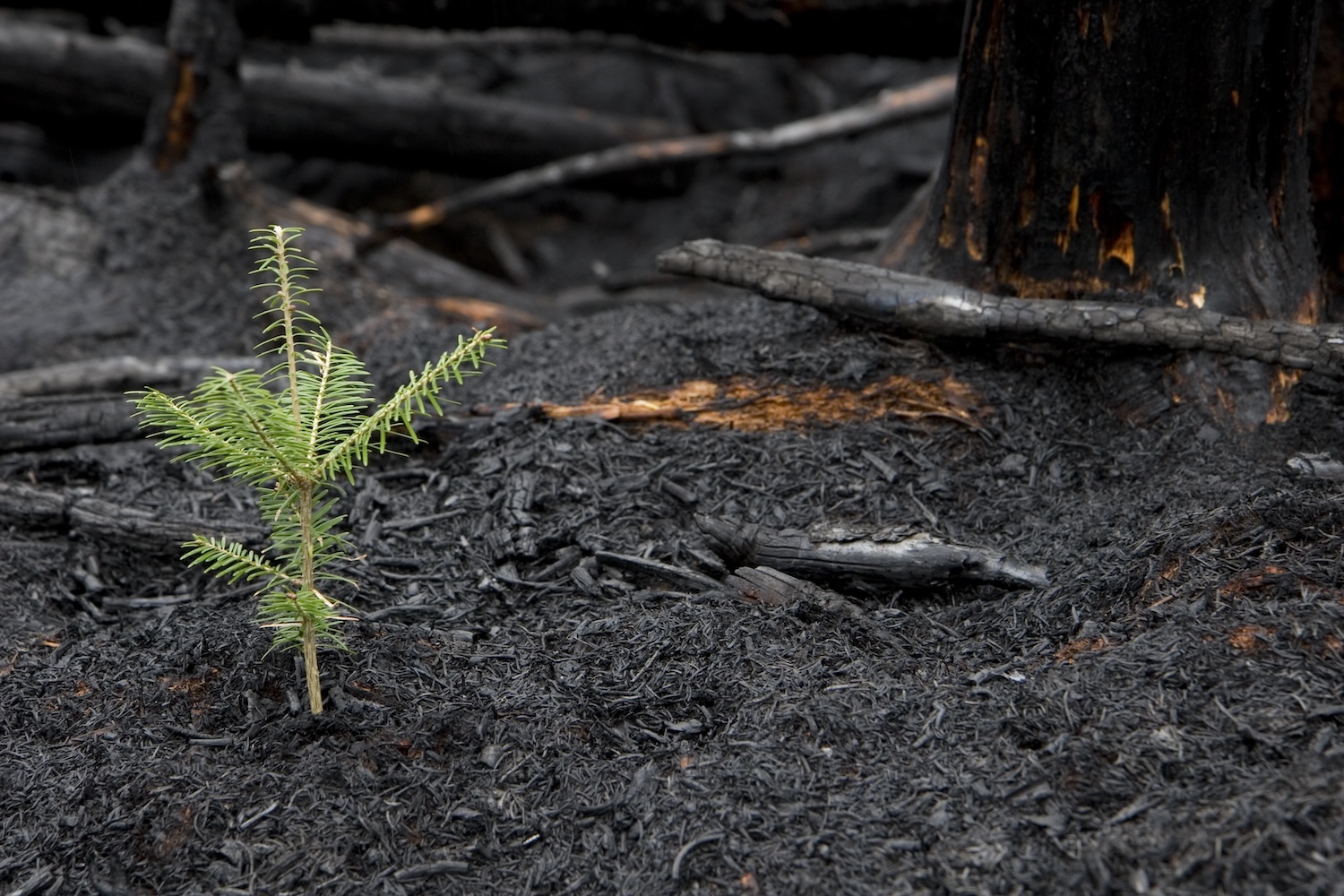
Read more about the rapid research produced by UCLA Luskin scholars to understand the causes and impacts of Los Angeles’ catastrophic fires at luskin.ucla.edu/fire-research
These communities have needs that are different from the broader community, including a higher exposure to environmental hazards, language barriers, and disproportionate health, economic and social risks, she said. “And so that really was the motivation for responding with original research on the L.A. wildfires.”
A team, including Paul Ong, research professor and director of CNK; Chhandara Pech, the center’s deputy director; and other contributors from LPPI, the UCLA Asian American Studies Center and the UCLA Ralph J. Bunche Center for African American Studies, produced a number of key research projects.
Among them was a data brief examining the impacts of wildfires on Black households in Altadena, a historically Black, middle-class and culturally vibrant community that was devastated by the January 2025 Eaton fire. The brief provides a starting point for considering what an equitable recovery should include, the researchers said.
It also provides new information on the historical trajectory of Altadena’s Black community and the impacts from the wildfires, using multiple data sources. Using existing trends in the Altadena housing market and Black settlement patterns, combined with damage and destruction created by the Eaton fire, the researchers were able to demonstrate the disproportionate impact of the fires on Black households in that community.
The report also underscores the urgent need for disaster response and long-term recovery efforts tailored to the unique needs of Altadena’s Black community, the researchers wrote.
“Altadena is a litmus test about how committed we are to racial justice,” Ong said in an interview with CBS Evening News in February.
This is also true of Latino communities. In another research project, Ong and his team note that wildfires in California are not just a seasonal concern, but have far-reaching effects that go beyond the burn zones.
Together with CNK, the LPPI research team plans to develop ongoing analyses that examine the short- and long-term consequences of the wildfires on Latino communities with a focus on health vulnerabilities, economic disruptions and gaps in preparedness.
“As researchers of color, the pandemic showed us the invisibility of our community in data … but it also helped train us to do this research now,” said Pech, adding that the team wants to ensure that elected officials have a clear and more nuanced understanding of the wildfires’ impacts across different racial and socioeconomic groups.
“One of the things we do know is that these events are very complex. They’re embedded in complex structures,” Ong added. “So, part of what we try to do is understand some of the hidden dimensions of this complexity. We try to understand the rippling effects, a sort of cascade, beyond the most immediate and obvious impacts.”
Wildfires, Water and Transportation
Rapid response from other areas of Luskin, as well as cross-campus partners, include expertise on water and climate from the UCLA Luskin Center for Innovation (LCI). At the same time, experts from the UCLA Institute of Transportation Studies and UCLA Lewis Center for Regional Policy Studies quickly initiated research projects while providing media with context about how transportation planning plays a role in how communities and regions can plan for disaster.
Research projects include:
- Understanding mobility challenges for vulnerable communities with limited vehicle access —Tierra Bills, UCLA assistant professor of public policy and civil and environmental engineering
- Improving evacuation plans for transit riders —Madeline Brozen, deputy director of the Lewis Center
- Bridging gaps in evacuation and resilience strategies for older adults with disabilities — Yeonsu Song, UCLA assistant professor of nursing and medicine
- Exploring community-driven approaches to infrastructure rebuilding —Megan Mullin, faculty director of LCI
“We’re supporting research that can help us to be prepared for a future emergency, and to plan for rebuilding in an equitable, resilient manner,” said UCLA ITS Director Adam Millard-Ball, emphasizing that the wildfire threat in Los Angeles is not going away.
In January 2025, Millard-Ball and a team of UCLA researchers published an article in the journal Transportation Research Interdisciplinary Perspectives that lays out a collaborative approach that puts people and equity at the center of transportation research. One section identifies auto dependency as a challenge for cities.
“Dependence on cars … leaves cities vulnerable to crises,” the researchers write. “For example, it leaves few options for evacuation in case of fuel shortages or road blockages, or for people who do not drive.” During the L.A. fires, that was a reality that could be seen in news coverage of abandoned and burned vehicles.
Media and Misinformation
From the beginning of the fires, Greg Pierce, LCI’s co-executive director and the director of UCLA’s Human Right to Water Solutions Lab, responded to media outlets looking for facts behind emerging narratives. False and misguided fire story frameworks spread out of control, so in addition to quickly responding to news outlets, Pierce and his team provided a Question and Answer resource for the media and public.
A common question was, “Can urban water supply systems put out wildfires?” The quick answer is no. “Urban water supply systems are not designed to fight large wildfires or large-scale fires that start in wildland areas and spread to urban areas,” according to the Q&A.
“I don’t know that any place in the world has a system like that,” said Pierce, who explained to media that such a system for fighting wildfires would be extremely expensive as well as come with potentially negative climate impacts that could create further fire risks.
Pierce became the de facto go-to expert for media outlets including POLITICO, New York Times, Washington Post, Los Angeles Times, Associated Press, Reuters and LAist on the wildfires and related issues such as water.
The fires touched almost every aspect of living in Los Angeles, from cars, work and land use to housing and rent — and UCLA Luskin had researchers on hand to respond.
Liz Koslov, assistant professor of urban planning and an expert on climate retreat, told the New York Times, “Rather than dream we can retreat our way out of the crisis, we must relearn, and learn anew, how to live with fire.”
Michael Manville, chair and professor of Urban Planning, commented in the media, saying, ‘The upshot is that a lot of people who had been housed … have just been thrust into the housing market, and they’re going to push up prices and rents, and also compete for contractors in an already tight labor market to get things rebuilt.”
Environmental issues also intersected with health for those affected by smoke from the fires. According to a recent UCLA report, smoke produced by California wildfires kills more people than fire, with thousands of premature deaths attributable to exposure to toxic particles. Rachel Connolly, a project director at LCI, served as the lead author of the study published in the journal Science Advances.
Recovery and the Road Ahead
UCLA Luskin researchers are also partnering with local government for the long recovery ahead, leading research for a blue ribbon commission launched by Los Angeles County Supervisor Lindsey Horvath.
Horvath and UCLA Chancellor Julio Frenk announced that UCLA will provide its world-class research expertise and programmatic support to the independent commission tasked with developing policy recommendations to guide a safe and resilient recovery.
Mullin, the LCI faculty director, is leading UCLA’s advisors in consultation with Julia Stein, deputy director of the Emmett Institute on Climate Change and the Environment at UCLA School of Law, and in partnership with Alex Hall, director of UCLA’s Sustainable LA Grand Challenge.
“Our region has always lived with fire, but our communities weren’t built for the climate-induced mega-fires we see now,” Mullin said during a press conference. “We have a short window of opportunity to not only rebuild homes and businesses but also to create more resilient and equitable communities.”
In addition, this year’s Luskin Summit quickly pivoted to focus on the L.A. fires. The summit will provide policymakers and nonprofit leaders with the latest research and guidance from UCLA Luskin experts, community groups and government agencies to guide the effort to expedite recovery equitably.
In the years ahead, the work of UCLA Luskin researchers will continue to be an important resource as Los Angeles and the region recover.



